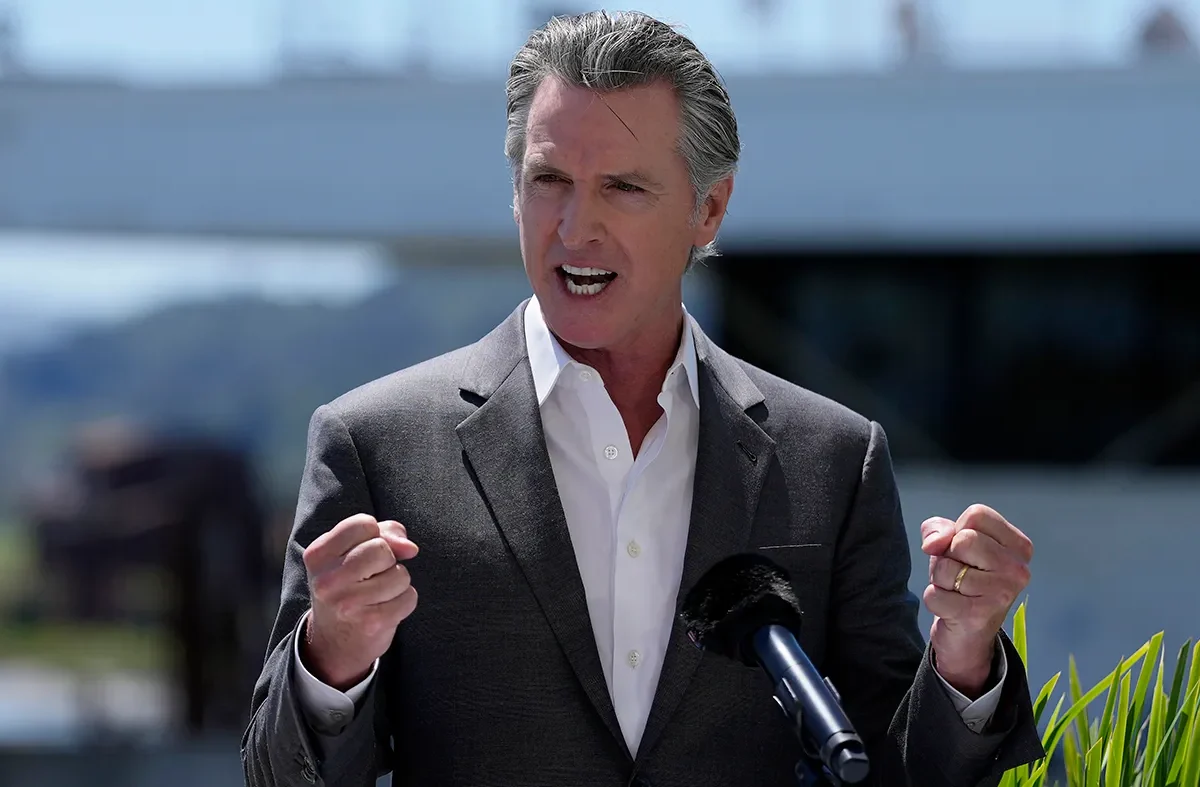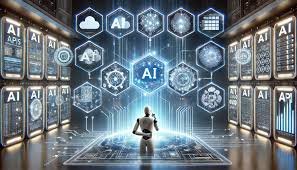Imagine you’re driving a car with no brakes—exciting, sure, but also terrifying. Now replace the car with artificial intelligence and the brakes with safety regulations. That’s pretty much the scenario Gov. Gavin Newsom just vetoed, according to critics, when he nixed a California bill designed to rein in powerful AI systems. Proponents of the bill had hoped it would be the emergency brake for a tech industry that sometimes feels like it’s speeding down the innovation highway with no clear rules of the road.
The bill, SB 1047, was meant to establish guardrails for large-scale AI models—those next-gen algorithms that, in theory, could someday help humanity, or, you know, accidentally shut down a power grid or build a supervirus. It aimed to require companies to test their AI systems, disclose their safety protocols, and offer whistleblower protections. Sounds like a sensible seatbelt, right? Not to everyone.
Newsom, ever the tech booster, said he vetoed the bill to avoid stifling California’s role as the global AI leader. In his view, the bill was too rigid, applying stringent rules even to low-risk AI systems. Think of it like mandating everyone wear a helmet while eating soup—overkill for something as harmless as autocorrect, but still probably necessary for AI that might accidentally launch nuclear codes (okay, slight exaggeration).
But let’s zoom out. California is the land where innovation thrives—32 of the world’s top 50 AI companies call it home. And Newsom is all about keeping that crown shiny. He wants California to lead in AI, but with a more flexible, industry-driven approach. Instead of laws, he’s partnering with industry experts like Fei-Fei Li, a pioneer in AI, to develop voluntary guardrails. In other words, instead of laying down speed bumps, he’s asking the industry to promise they’ll slow down.
The move has its fair share of critics. State Sen. Scott Wiener, who authored the bill, called the veto a “setback” for public safety, suggesting that letting AI companies self-regulate is like letting race car drivers decide how fast they should go. Sure, some will be responsible, but we’ve all seen “Fast and Furious.” Wiener argued that AI poses real risks that are only increasing, and that voluntary commitments, while nice, rarely hold up when the rubber meets the road.
The debate boils down to a classic Silicon Valley conundrum: how to balance innovation with oversight. No one wants to choke out the next big thing—AI is poised to revolutionize everything from medicine to traffic management. But do we really trust tech companies to police themselves? If social media taught us anything, it’s that giving tech a free pass can lead to consequences, from privacy invasions to misinformation rabbit holes.
Proponents of the bill weren’t alone in thinking some transparency and accountability could go a long way. Elon Musk and Anthropic, for example, backed the idea of putting some bumpers on this bowling lane of AI development. But big tech—alongside former Speaker Nancy Pelosi—pushed back, warning that the bill might “kill California tech” and scare off AI developers with too many hoops to jump through.
In any case, this debate isn’t going anywhere. Newsom may have vetoed the bill, but AI regulation is like the Terminator—inevitable.





